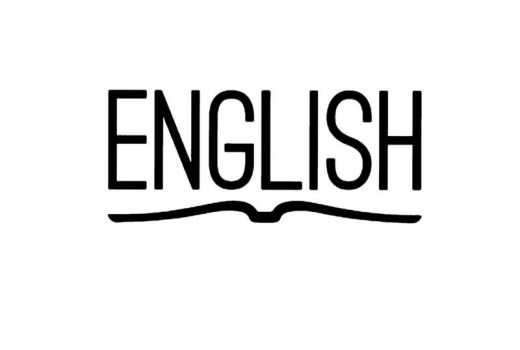
The headline ‘Nakumatt in so bad state it couldn’t restock for the Christmas festivities’, taken from a newspaper last week, informs today’s column. The word ‘so’ serves as an adverb as well as a conjunction. Conjunctions, as we all know, are used in joining two main clauses in a sentence. Of the many rules governing the use of the word ‘so’, one demands that it should not be used before an adjective plus noun. The writer of the headline quoted above violated this rule, considering the word ‘bad’ is an adjective and ‘state is a noun’. Ideally, in place of ‘so’, he should have used the word ‘such’: ‘Nakumatt in such bad state it couldn’t restock for the Christmas festivities.’
‘So’ is an adverb that modifies other adverbs and adjectives. One could say ‘Adopting the new 2.6.3.3 education curriculum is not a bad thing, why are teachers’ unions making it look so unworkable?” The same word can be used as an intensifier as in; ‘the Salgaa-Sachangwan stretch of road is so (very) dangerous.’